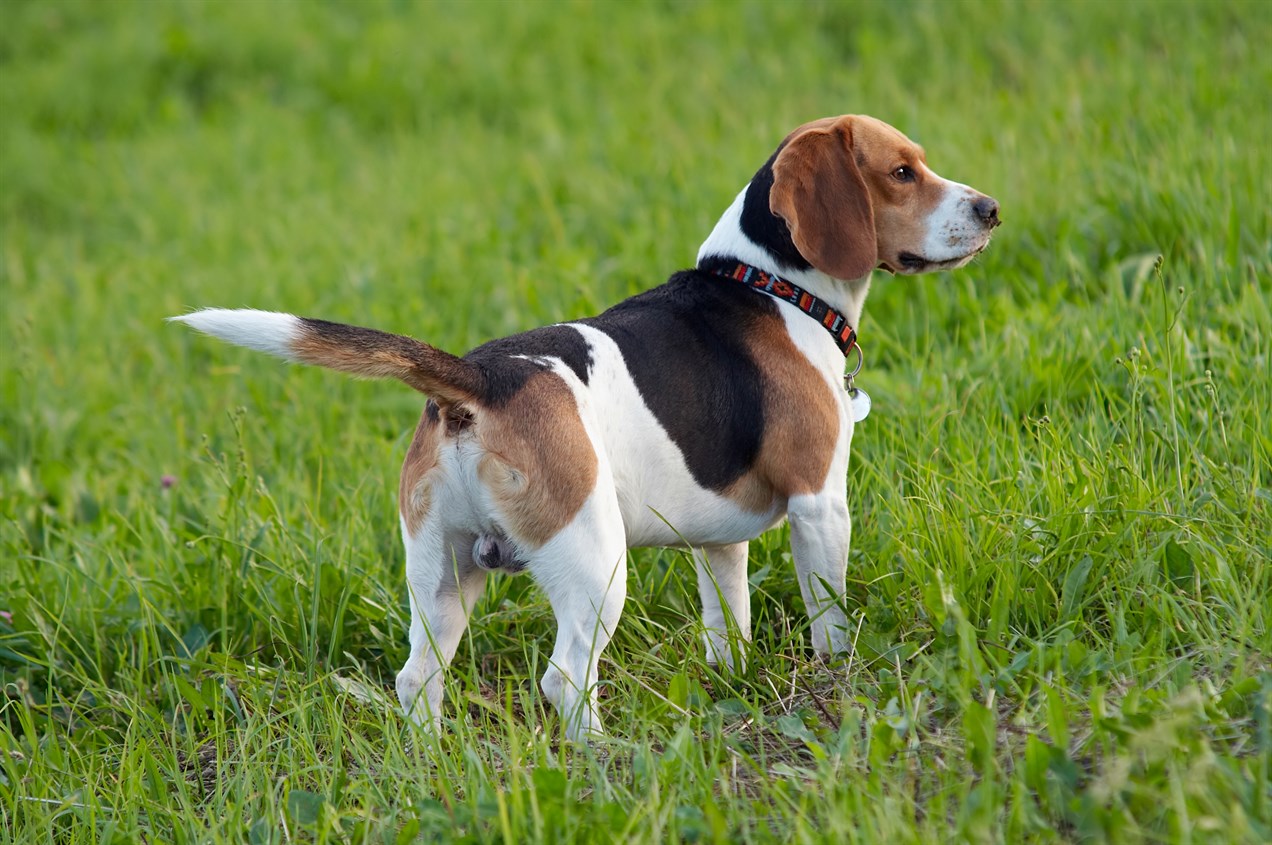Foxhound Sleeping Requirements and Habits

Understanding the sleeping requirements and habits of the Foxhound is essential to ensure their well-being and overall happiness. Foxhounds, like all dogs, have specific sleep needs and behaviours that should be considered by their owners.
Sleep Duration
Foxhounds, on average, require about 12 to 14 hours of sleep per day, which is typical for most adult dogs. Puppies and younger dogs may need even more sleep to support their growth and development. It's important to provide a comfortable and quiet sleeping area where your Foxhound can rest undisturbed.
Sleep Patterns
Foxhounds are known for their adaptability and ability to adjust their sleep patterns to their environment and routine. They are flexible sleepers and can transition between short naps and longer periods of rest. This adaptability stems from their hunting background, where they needed to be alert during the day and rest during the night.
Sleeping Positions
Foxhounds, like most dogs, can sleep in various positions. They may curl up into a ball, stretch out on their side, or sprawl out on their back with their paws in the air. The position they choose often depends on their comfort and the temperature of their sleeping area.
Nighttime Sleep
Foxhounds are generally good at adapting to a nighttime sleeping schedule. They tend to sleep during the night when their owners are asleep and are often quiet during these hours. However, they may be more active during the early morning and late evening, especially if they detect interesting scents or sounds.
Comfortable Sleeping Area
Provide your Foxhound with a comfortable and cosy sleeping area. A soft bed or crate with blankets can be a welcoming space for them to rest. Ensure that the area is quiet, dark, and free from disturbances, as this will help your Foxhound get quality sleep.
Exercise and Mental Stimulation
Regular exercise and mental stimulation are essential for a Foxhound's overall well-being and can contribute to better sleep quality. A tired and mentally satisfied Foxhound is more likely to sleep deeply and peacefully.
Age-Related Changes
As Foxhounds age, their sleep patterns may change. Senior Foxhounds may sleep more and be less active during the day. Providing a supportive and comfortable sleeping environment becomes even more important for ageing dogs.
Sleep Disturbances
Certain factors, such as illness, discomfort, or anxiety, can disrupt a Foxhound's sleep. Be attentive to any changes in their sleep patterns or behaviour and consult your veterinarian if you suspect underlying issues.
In conclusion, understanding the sleeping requirements and habits of your Foxhound is key to providing them with a healthy and comfortable life. By ensuring they have a peaceful and cosy sleeping area, meeting their exercise and mental stimulation needs, and monitoring their sleep patterns, you can help your Foxhound enjoy restful and rejuvenating sleep, promoting their overall well-being.